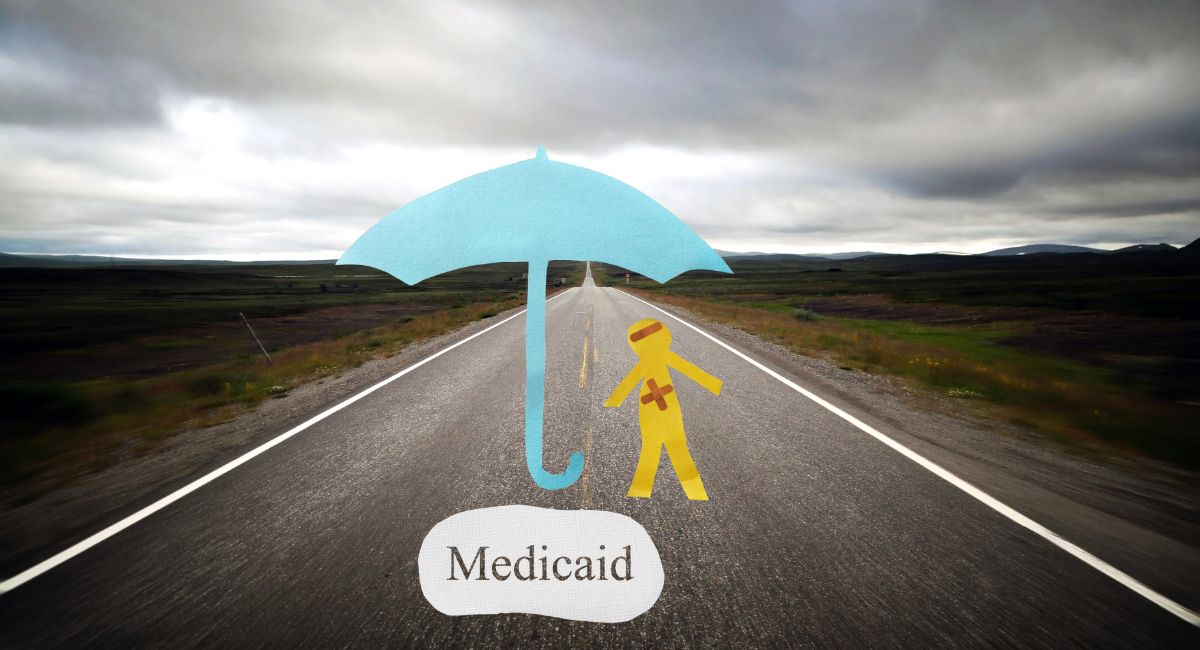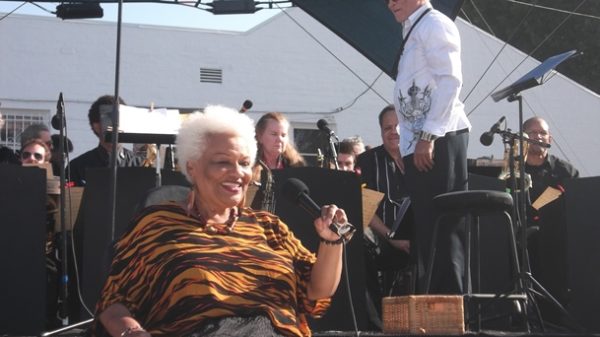As Medicaid marks 60 years, a coalition of health advocates, doctors, and media convenes to sound the alarm on federal rollbacks and their impact on immigrant families..
On August 1, 2025, ethnic media outlets joined a national briefing hosted by American Community Media (ACOM) to mark the 60th anniversary of Medicaid. With interpreters available in Spanish, Korean, and Mandarin, the conversation centered on a pressing concern: the consequences of what is now considered the largest rollback of federal healthcare subsidies in U.S. history.
The virtual gathering featured Dr. Ilan Shapiro-Streigler, Chief Health Correspondent and Medical Affairs Officer at AltaMed Health Services; Carrie Sanders, Senior Policy Director of the California Pan-Ethnic Health Network; and Anthony Wright, Executive Director of Families USA.
Opening the discussion, Dr. Shapiro described what Medicaid has meant for low-income and immigrant communities over six decades. As a practicing community physician, he shared that before expanded Medicaid access, many patients relied solely on emergency rooms for primary care needs—a practice that delayed preventative treatment and led to more severe health outcomes.
“ERs have an amazing space in our lives,” he said, “but it’s not the best place to take care of mammograms, to talk about diabetes or high blood pressure.” He stressed that access to primary care helps people stay healthier and more economically stable.
Today, more than 75 million people receive care through Medicaid, known as Medi-Cal in California. However, Dr. Shapiro noted, “It’s not just healthcare insurance. It’s a lifeline.”
He warned about a potential “domino effect” from proposed federal cuts: fewer primary care visits, more ER visits, longer wait times, and more complications from untreated chronic conditions. This, he said, would ultimately increase costs and reduce access to care, especially in rural areas and community clinics.
Shapiro added that fear and misinformation are discouraging people from seeking care. “When there’s fear, there’s lack of trust. People go into survival mode. And when you’re in survival mode, wellness is deprioritized.”
Carrie Sanders framed Medicaid as both a health and anti-poverty program. She noted it was passed during the civil rights era, alongside Medicare and the Voting Rights Act. “Despite assumptions that it would be a temporary program, it’s still here,” she said. “It’s foundational to our ability to advance health and racial equity.”
She emphasized that California has used state-level tools to extend healthcare access, including to undocumented immigrants. Yet, she pointed out that new federal policies could limit eligibility even for lawfully present immigrants, such as refugees and VAWA recipients, and impose paperwork-heavy work requirements on low-wage workers.
Sanders explained that states still have room to maneuver. Options include automating work reporting requirements, using lessons from other states, and providing coverage using state funds. “There may be creative ways to think about how we keep communities whole,” she said.
Anthony Wright, speaking from a train, addressed the national implications. Now at Families USA, Wright said that between 15 and 17 million people are projected to lose coverage due to policy changes, many because of bureaucratic hurdles and rising costs.
“This is a cut to the hospitals and clinics,” he stated. “It’s going to force hard decisions about who gets services, which services stay, and what gets cut.”
He emphasized that this rollback could directly impact maternity wards, nursing homes, and community clinics. Wright added, “Even those technically insured may be priced out as premiums rise due to the shrinking risk pool.”
When asked about long-term solutions, Wright pointed to building political and fiscal resilience. “We need to ensure there’s a constituency that will defend Medicaid, and support the revenues needed to fund it.”
Pamela Anchang, editor of The Immigrant Magazine, raised the issue of immigrants avoiding care due to fear of enforcement. “Most of you have stated that there’s maybe a sliding scale. But immigrants who cannot afford even the smallest payments are skipping care, and their children are also not getting services, even if they qualify,” she said.
Sanders acknowledged the concern and pointed to California’s hospital charity care laws, which require facilities to offer financial assistance to uninsured patients. She said, “Hospitals should be proactively screening people who may not have access to healthcare now due to some of these changes.”
Dr. Shapiro added that community clinics still offer care at reasonable prices, and preventive messaging remains essential. “Let’s move as a family. Let’s take care of our diet, our stress. Even when everything else fails, we can still do something to protect our health.”
As the event concluded, the panelists reiterated that while federal policy changes are significant, state-level action and local outreach can help maintain healthcare access. Community media, they said, plays a key role in educating and empowering people during this period of change.
#Medicaid60 #EthnicMedia #HealthcareAccess #ImmigrantHealth #MediCal #ACOMBriefing #HealthEquity #CommunityCare


